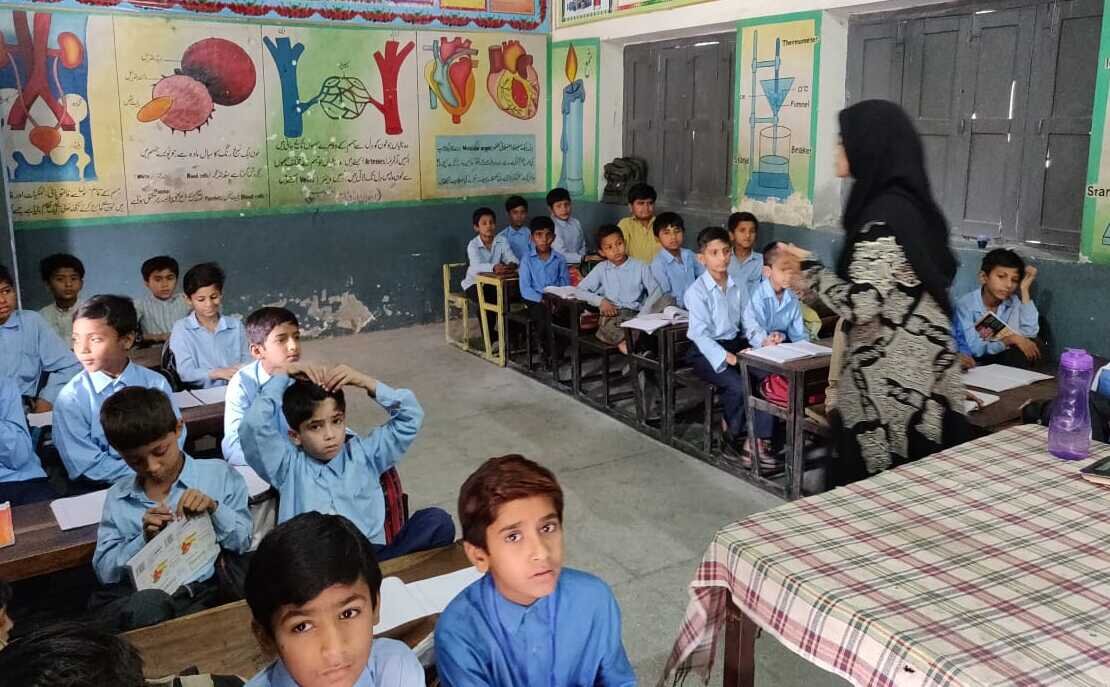
Ali Ansari's new study shows PPP schools are not significantly impacting nearby public schools' enrollment figures
PPPs are allowing parents the right to exercise choice-where previously, the only tuition-free choice may have been the neighbourhood public school.
Ali Ansari
Placing a public private partnership school near a public school has a relatively minor impact on public school enrollment, according to a new study carried out in Pakistan.
Pakistan has the second highest number of out of school children between the ages of five and 16 in the world. In the province of Punjab, Pakistan’s most populous region, approximately 30 per cent of primary and secondary school age children are out of school. The provincial government has tried to tackle this through a number of approaches, including establishing Public-Private Partnerships [PPP] in education to enrol children relatively quickly into school, but there have been concerns this could merely take students off the rolls of nearby public schools rather than widening access.
The study by Ali Ansari [2018], who is doing a PhD in Education at the University of Cambridge, is published this week in the International Journal of Educational Research. It found that there is a negative impact on public school enrolment when a PPP school is established close by, but the effect is mainly limited to girls’ enrolment and younger classes.
Ali says: “In Punjab, Public Private Partnerships (PPPs) in education have been used as a means to get more children into school by providing disadvantaged households with access to low fee private schools. Opponents of PPPs argue that these programmes may be displacing public school enrolment rather than exclusively targeting out of school populations. In my opinion, the findings in this study are not necessarily negative. PPPs are allowing parents the right to exercise choice-where previously, the only tuition-free choice may have been the neighbourhood public school.”
*Picture credit: Ehtesham ul Haq












